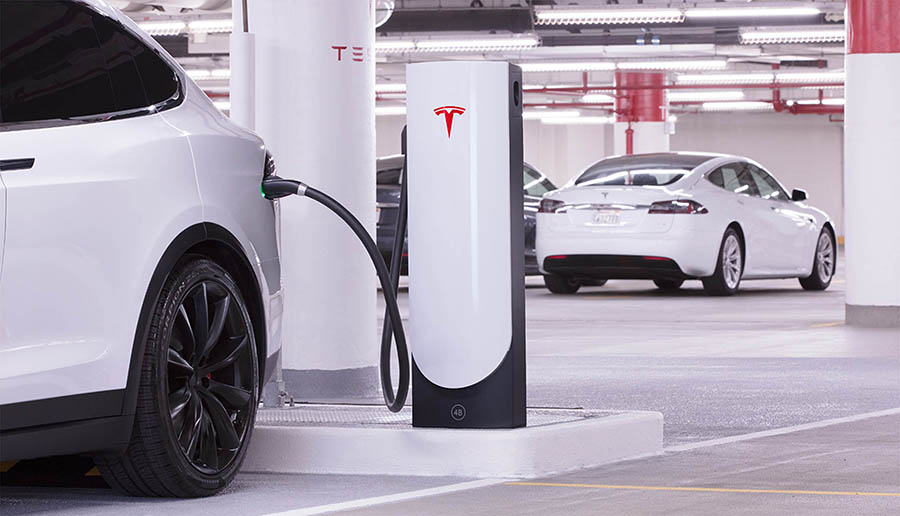Something is missing in the revised plans for Tesla’s European Gigafactory near Berlin, the preparation and construction of which are making rapid progress: unlike the original Tesla applications, made public by the state earlier this year, there is no area for battery manufacturing in the Gigafactory. Instead, the battery packs are to be delivered ready, for which the new Tesla partner CATL from China could be considered. Along with this, Tesla could gain a “fairly significant advantage” in the West as well, commented one analyst – using essentially simple technology.

“CATL has solutions for Tesla”
The Bloomberg news agency reports on this in a detailed article about CATL and its founder Zeng Yuqun. According to Zeng, he says that he gets on very well with Elon Musk – the Tesla boss speaks costs all day long. And CATL has solutions for him.
In China, Tesla will soon be on the market: A Model 3 from the local Gigafactory with a battery made up of cells from CATL received approval from the Chinese Ministry of Economic Affairs in mid-June. They are said to be significantly cheaper for Tesla because they are based on LFP chemistry. This cell technology is robust, inexpensive and cobalt-free, and is therefore used in China for electric cars in low segments. So far, their energy density has not been sufficient for higher quality models. But with the partnership with CATL, Tesla has given the technology a knighthood, so to speak.
And even though, according to Bloomberg, the young Chinese company now also includes German companies Volkswagen and BMW among its customers, Tesla and CATL support each other directly in their growth plans . “We are trying to bring structure and chemical innovation to make Tesla cars more range at lower cost,” Zeng told the agency. That is probably the reason why Tesla likes CATL.
Musk wants LFP in Tesla
Zeng did not want to rule out that CATL will also supply batteries for electric cars from Tesla’s Gigafactory Berlin. It would be plausible: CATL not only produces masses of battery cells, but has also developed a “cell to pack” technology in which customers are supplied with finished battery packs instead of cells. This could further reduce costs and in particular benefit the energy density of LFP batteries, which is currently still at the bottom of Tesla’s needs. And with virtually ready-to-install batteries, for example from the factory that CATL is currently building in Thuringia, it would also explain why Tesla does not even provide space for module production in the German Gigafactory.
In the Bloomberg article, an analyst from the brokerage firm Sanford C. Bernstein described the idea that CATL with Tesla could bring its LFP cells and battery packs to western markets as “quite explosive”. Because outside of China, this technology for pure electric cars is still not used by anyone. This move would give Tesla a “pretty significant advantage,” the analyst said.
In fact, CEO Musk has never left any doubts that he wants to get further into mass business through the more expensive models of the early days. You don’t need the absolute best batteries, but the cheapest, which are just good enough for the intended task. Musk has already confirmed on Twitter that he is open to LFP chemistry. With CATL he seems to have found at least one of the right long-term partners for this.









